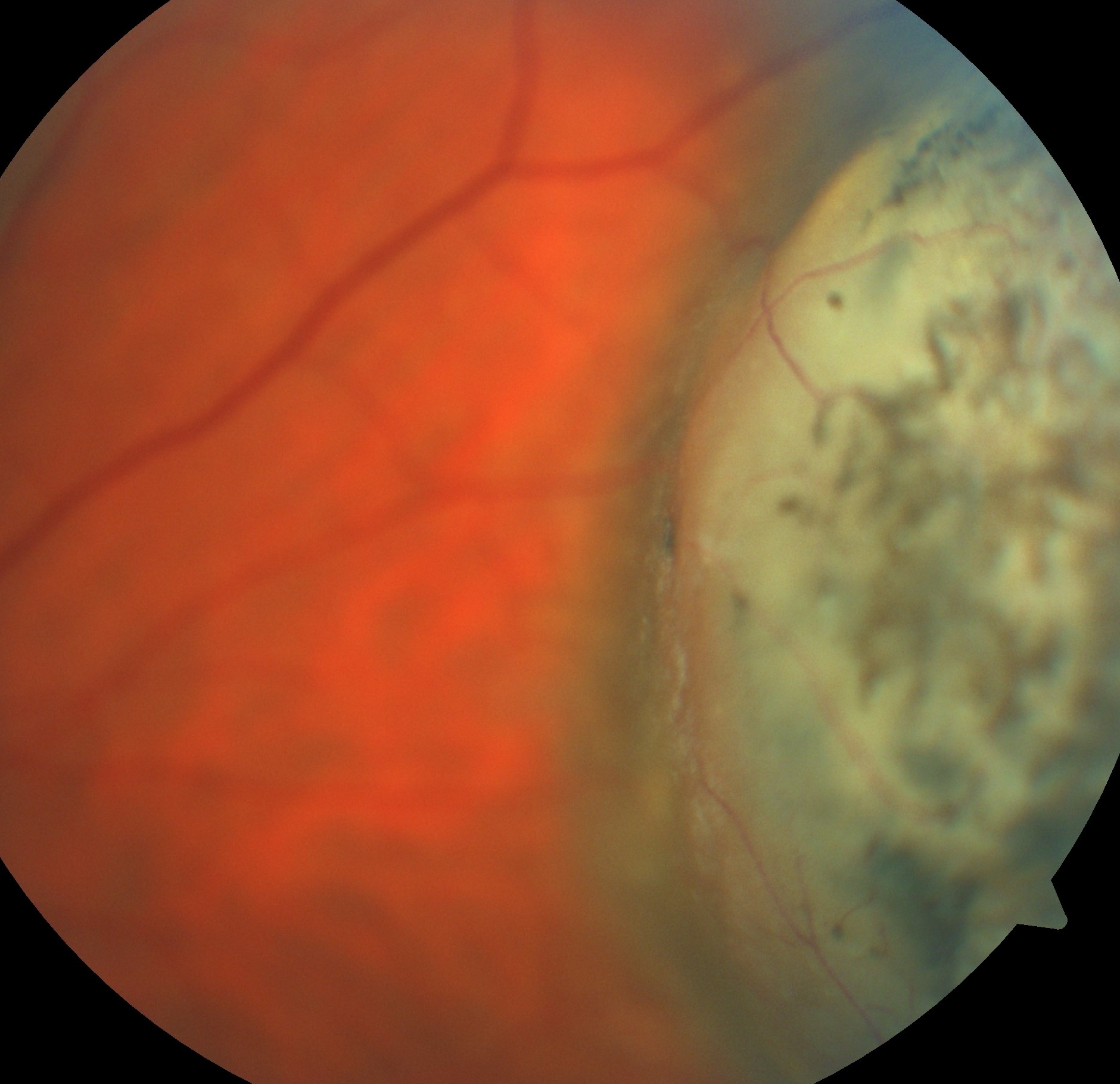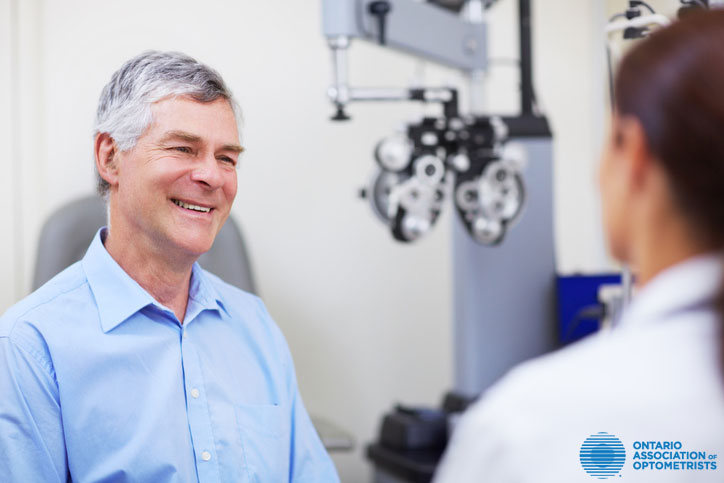Alzheimer’s May One Day Be Predicted During Eye Exam
It would be very exciting if we could detect Alzheimer’s early before any symptoms with optical coherence tomography (OCT)! This is technology that we already have readily available in our office, as we use it to monitor other conditions such as glaucoma and macular degeneration. It’s much less invasive than the tests they currently use for Alzheimer’s.
Of course, much more studies are needed before any true link is established, but it really wouldn’t surprise me because we can already see lots of general health conditions in the eye such as diabetes, high blood pressure, and more! Your eyes truly are the window into your brain 🤓#iloveeyes
Read more on Science Daily: Alzheimer’s May One Day Be Predicted During Eye Exam
Eye Cancer Found On Routine Exam
People always think they would notice if something was wrong with their eyes, but that’s not always the case!
I had a patient last year, who had come in just because she felt like she needed stronger reading glasses. In fact, she almost cancelled her appointment because she was busy that day. Everything checked out: distance vison was great, and she did just need a boost for up close. Everything appeared normal up until the very last step of the exam. After dilation, I was able to see to the edges of her retina, and found a choroidal melanoma. Choroidal melanoma is the most common primary malignant eye tumor and the second most common type of primary malignant melanoma in the body. She was referred immediately and received radiation therapy. I saw her again this year, and so far she is doing well
The first picture below is a straight on view of her retina. Everything looks normal. The second picture is what was visible when she looked to the side. The melanoma was way off on the edge of her retina, which is why she did not have any symptoms or notice any changes in her vision.
A “virtual” sight test would not have caught this. If she was issued a renewed prescription online without a comprehensive eye exam, this would not have been found. #VisionHealthMonth


Diabetic Retinopathy Video
The back of your eyes is the only place we can actually SEE blood vessels without cutting open skin. Not only can your Doctor of Optometry see changes due to diabetic retinopathy, but also other general health conditions such as high blood pressure, and more!
The Ontario Association of Optometrists recommends a comprehensive eye exam every 1-2 years for healthy adults, even if you are not noticing any changes in your vision. Adults over age 60 should be seen yearly.
#VisionHealthMonth
Do I Need Sunglasses In The Winter?
It’s going to be sunny this weekend – Don’t forget to protect your eyes! UV protection is important year-round. UV exposure increases on reflective surfaces, such as snow, so you can suffer from sun damage even in the winter. Make sure you grab those sunglasses before you leave the house!
Here are some helpful tips from this article (Don’t Forget To Protect Your Eyes This Winter)
- When eyes absorb too much UV light, growths on the front of the eye and eye cancers, especially on the delicate skin surrounding the eyes.
- People with lighter coloured eyes and skin are even more at risk for damage as they have less of the protective pigment that helps absorb these rays.
- UV rays are stronger during the spring and summer months, but we should be particularly mindful in the winter since UV exposure increases on reflective surfaces, such as snow.
- Wear UV-blocking sunglasses with wrap-around frames to keep the sun out from the sides, and broad-brimmed hats.
- Maintain regular visits with your optometrist who will assess your individual eye health and discuss the best options for protecting your eyes year-round
- Comprehensive eye exams with a doctor of optometry can also reveal insight about your overall health – eg. eye diseases, but also serious health conditions which often have early warning signs present in the eye.
- The eyelid area is one of the areas of the body where skin cancer is first diagnosed.
- Good vision and good eye health are often unrelated. You may have 20/20 vision but you may also have risk factors for UV related eye disease.





